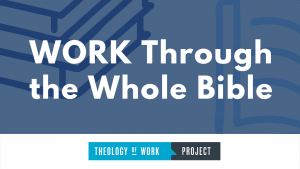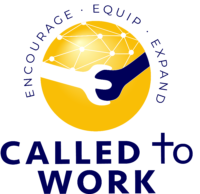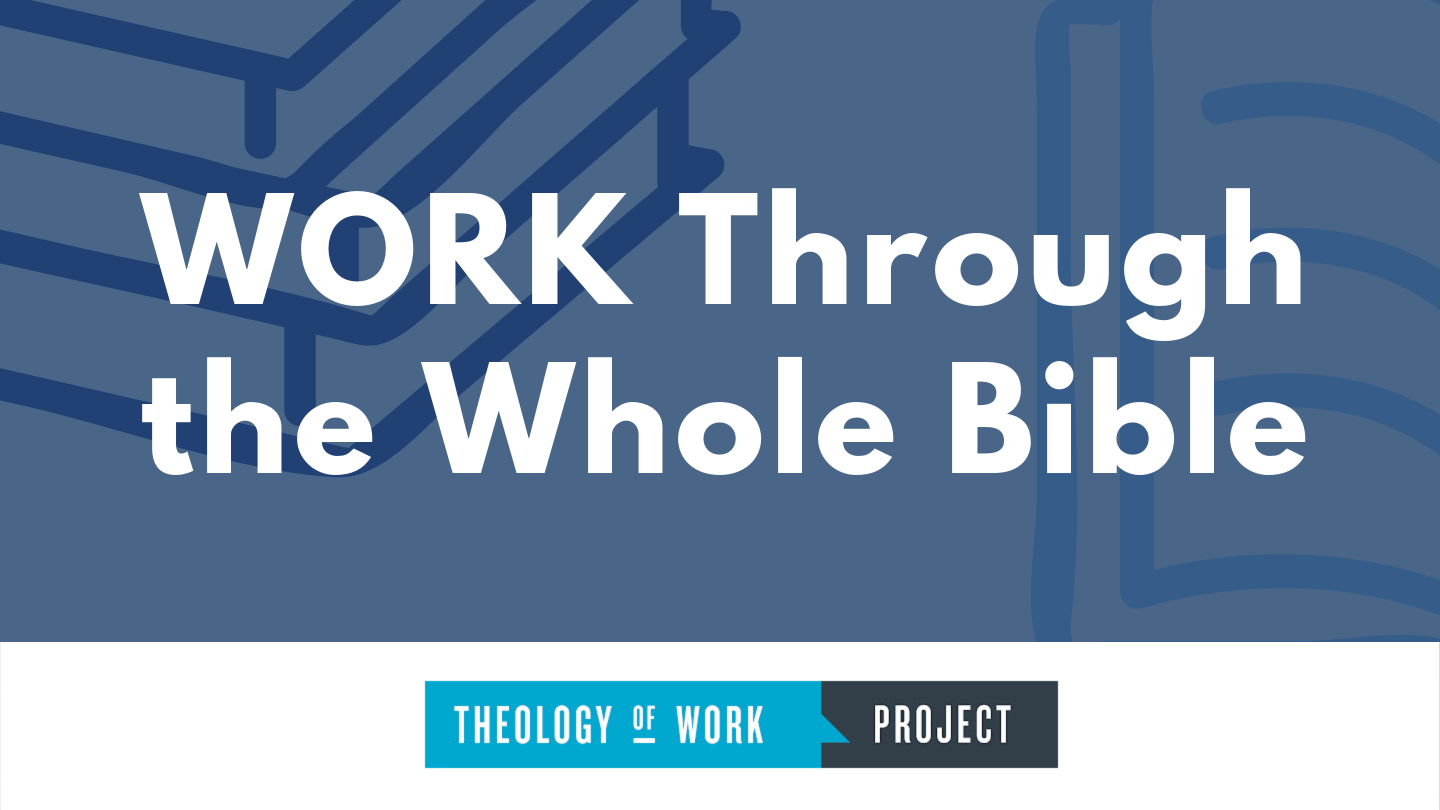37: Invest in community (Haggai 1:3-15)
Scripture Reading: Haggai 1:3-15

One of the challenges we face in work is the temptation to put self and family ahead of society. The prophet Haggai paints a vivid picture of this challenge. He confronts people working hard to rebuild their own houses while neglecting to put resources into the rebuilding of the temple, the center of the Jewish society. He says that this failure to invest in social capital is actually diminishing their individual productivity. As the Lord stirs up the spirit of the people and their leaders, they do begin to invest in rebuilding the temple and the fabric of society.
Investing in social capital reminds us that there is no such thing as a “self-made man.” Although individual effort may create great wealth, each of us relies on resources and social infrastructure that originate ultimately in God. We cannot provide for ourselves except by the grace of God’s generosity and the mutual work of his community.
In our own day, this reminds us of the importance of putting resources into the intangible aspects of life. Housing, food, automobiles, and other physical necessities are important. But God provides richly enough that we can also afford art, music, education, nature, recreation and the myriad things that feed the soul. Those who work in the arts or humanities or leisure industries, or put money towards the creation of parks and playgrounds and theatres, are making every bit as much of a contribution to the world of which God dreams as the businessman or carpenter.
This also suggests that investing in churches and church life is crucial to empowering Christians’ work. We should engage in worship as formation for good work, rather than merely as private devotion or leisure. Moreover, the Christian community can be a powerful force for economic, civic and social well-being if it can learn to bring the spiritual and ethical power of God’s word to bear on matters of work in the economic, social, governmental, academic, medical, and scientific spheres.
Prayer: Lord, please keep me grounded in Christian community, so that I may reach out to others in my workplace and beyond. Amen.
For Further Exploration: Read The Need for Social Capital (Haggai 1:1-2:19)
from the Theology of Work Bible Commentary.
Author: Theology of Work Project
Theology of Work Project Online Materials by Theology of Work Project, Inc. is licensed under a Creative Commons Attribution-NonCommercial 4.0 International License. Based on a work at www.theologyofwork.org
You are free to share (to copy, distribute and transmit the work), and remix (to adapt the work) for non-commercial use only, under the condition that you must attribute the work to the Theology of Work Project, Inc., but not in any way that suggests that it endorses you or your use of the work.
© 2014 by the Theology of Work Project, Inc.
Unless otherwise noted, the Scripture quotations contained herein are from the New Revised Standard Version Bible, Copyright © 1989, Division of Christian Education of the National Council of the Churches of Christ in the U.S.A., and are used by permission. All rights reserved.

